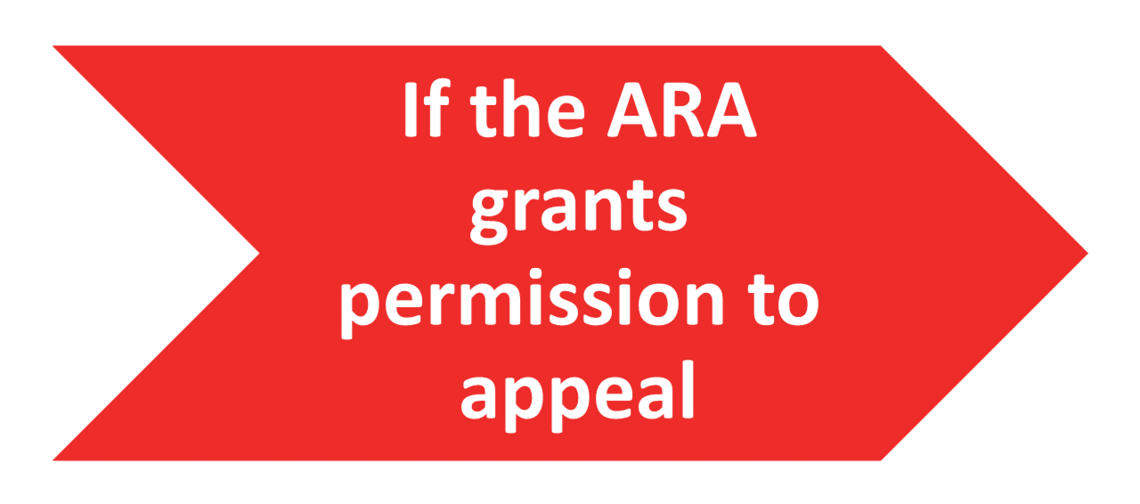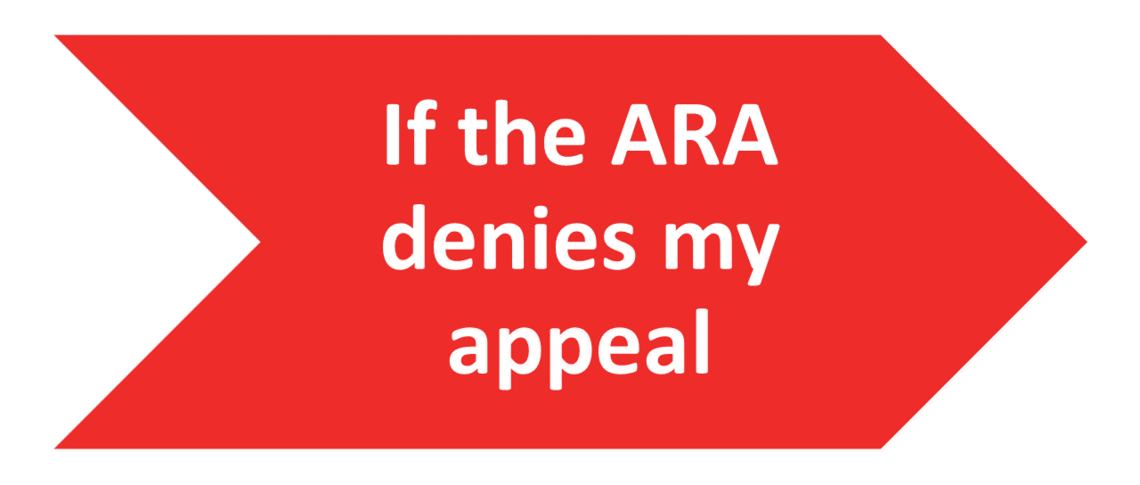ARA Review
After you submit your appeal, the Student Appeals Office (SAO) will forward it to an Appeal Review Administrator (ARA) for review. An ARA is an academic staff member or Board of Governors member who determines if your appeal can proceed to a hearing. You can expect to receive the ARA’s decision within ten (10) business days.
The reasons why an ARA may deny permission to appeal are outlined in Section 4.8 of the University Appeals Committee Procedure and University Appeals Tribunal Procedure.



